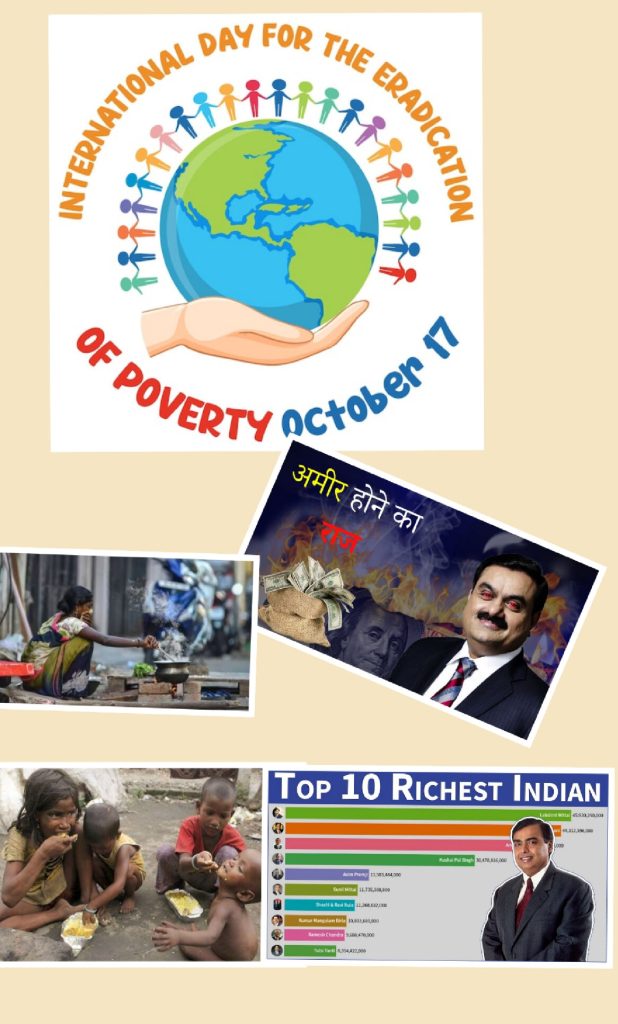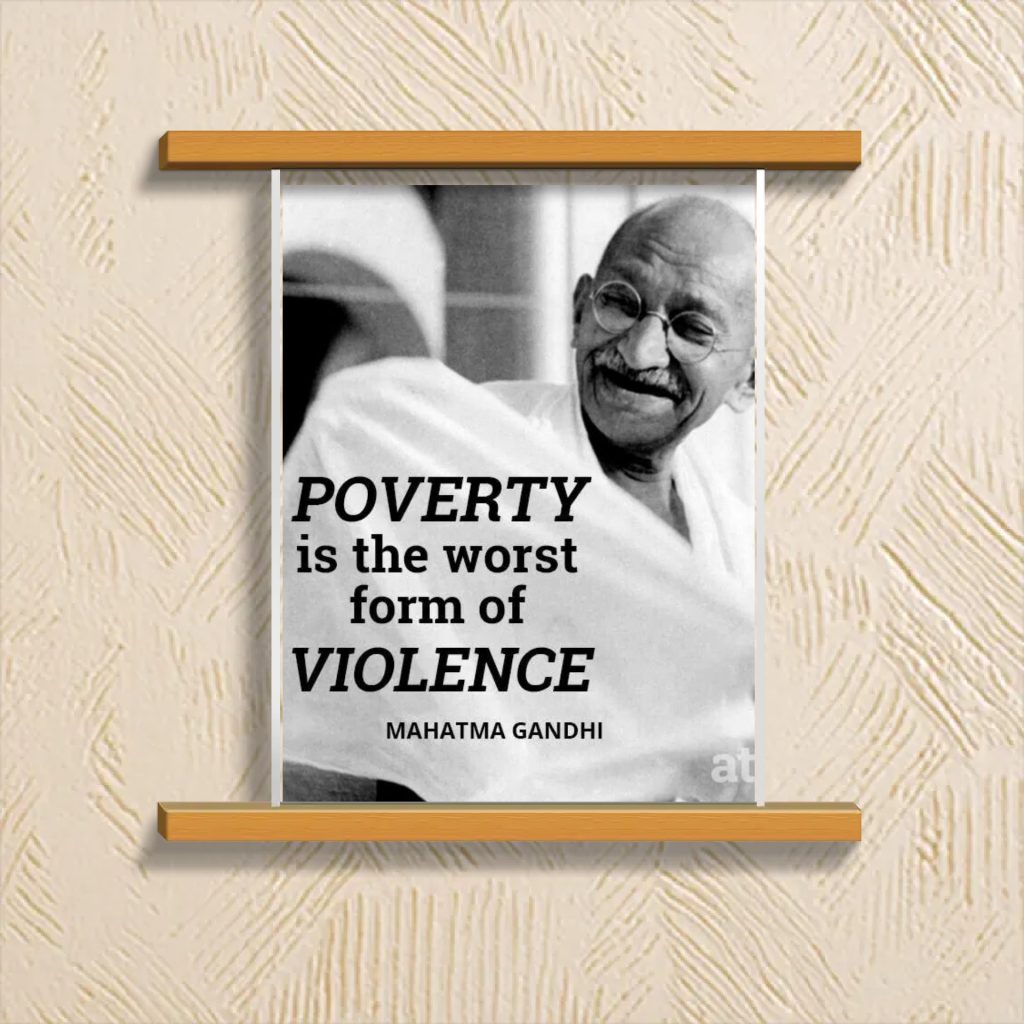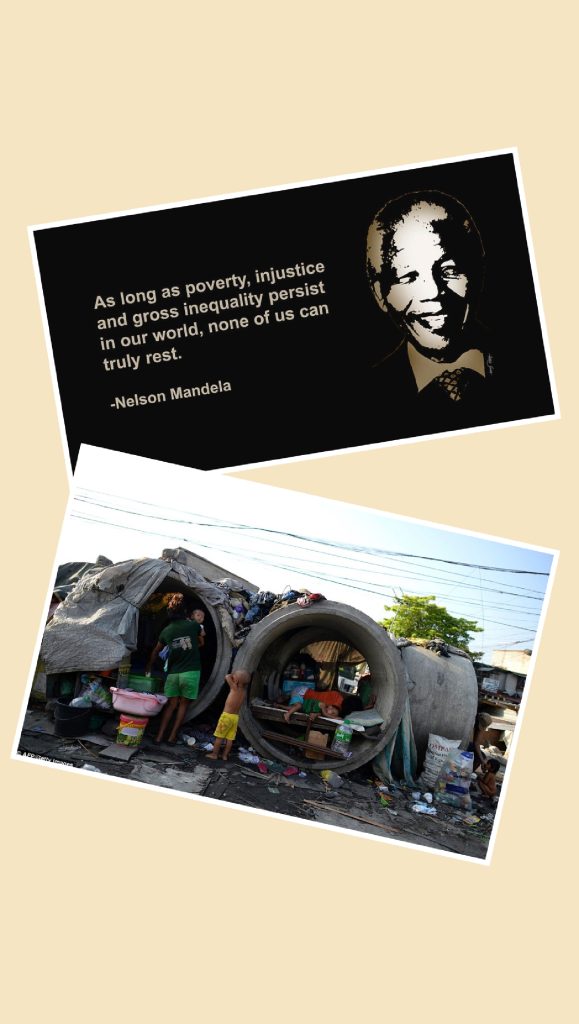P. A. Chacko

The theme for this year is “Ending Social and Institutional Maltreatment; acting together for just, peaceful and inclusive societies”.
The term poverty refers to the state or condition in which people or communities lack financial resources and other essentials for a minimum standard of living. Meeting their basic human needs and beyond!
To understand poverty, we have to climb down to the level of the poor. See them stare in our face with their empty pots and pans, with their miserable dwellings, with their village schools having just one or two teachers for one to eight classes, with their illiteracy, with their resources grabbed or controlled by the powerful and the mighty.
Poverty is not a choice. It indeed is a violation of human rights. It is thrust upon some by a top-heavy socio economic setup bolstered and controlled by rich politicians, landlords, money lending institutions, business community and multinational corporations.

The poor today do not need anyone’s doled out mercy. Rather they seek to be recognized as human beings to live in dignity and enjoy at least basic human and fundamental rights.
We need to ask why and how income-wise, the richest 10% of the global population currently take home 52% of the income. The poorest half of the global population earns just 8%.
Ownership-wise, the poorest half of the global population owns just 2% of the global total, while the richest 10% own 76% of all wealth.
According to the World Bank report, “129 million Indians live in extreme poverty in 2024”.
The UN Secretary General’s message is loud and clear: “Poverty is a global plague, affecting hundreds of millions of people around the world. But poverty is not inevitable. It is the direct result of the choices that societies and governments make, or fail to make.”
Quite often, charity approaches of pious organizations have dulled the poor and blunted their searching and questioning power. Charity out of fellowship is relevant to an extent. What is more important is to enable the poor to use their resources and to claim their rights and rightful benefits and enjoy their rightful space in society.
Let them not be treated as beneficiaries or ‘victims’ who have to put up with the mercy of the rest. They too need good dwellings, nourishing food, good education, and better health.
